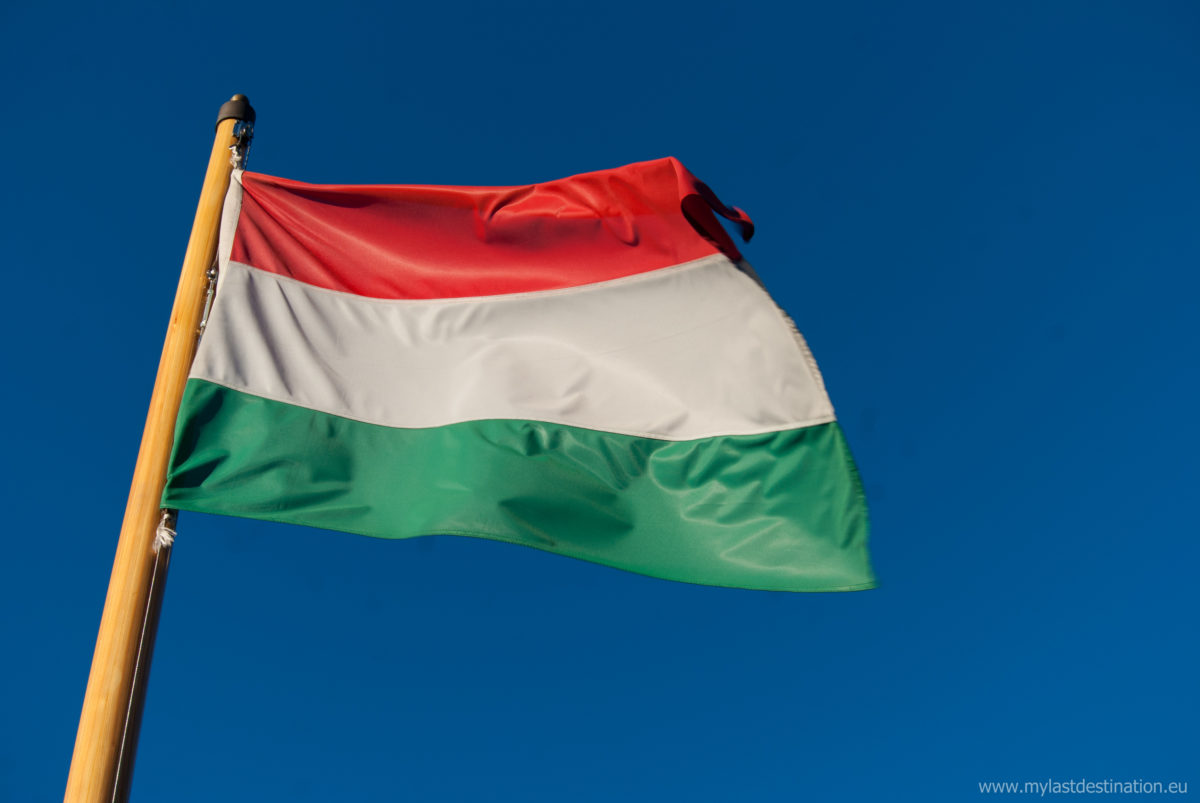The Hungarian solar market has seen a sustained growth over the past three years, and in 2017 it will probably see its largest increase in new installations.
According to estimates by László Szabo, a senior researcher at the Regional Centre for Energy Policy Research (REKK, Hungary), the country installed approximately 100 MW of new PV capacity in 2016.
According to official statistics, Hungary had 168.7 MW of grid connected PV capacity at the end of December 2015. Most of this capacity comes in the form of PV systems up to 50 kW installed under the country’s net-metering scheme. PV installations up to 5 kW account for 23.9 MW, while PV systems ranging in size from 5 kW to 10 kW account for 25.1 MW. The largest share is taken by PV systems with a power between 10 kW and 50 kW, with over 78.6 MW of capacity.
The remaining cumulative capacity is represented by PV systems installed under the FIT scheme (KÁT). Under this program, PV projects with simplified license and capacity between 50 kW and 500 kW had reached 15.7 MW of installed capacity at the end of 2015, while PV projects over 500 kW with full licensing process totaled 25.4 MW.
If the numbers for 2016 are confirmed, Hungary will have reached approximately 270 MW of installed PV as of the end of last year. In 2015, the newly installed power was around 100 MW, while in 2014 and 2013 new installations reached 36.9 MW and 18.8 MW, respectively.
Looking forward, Szabo said that further strong growth is expected over the next two years, due to approximately 2 GW of projects approved under the FIT scheme, which could potentially see the light by the end of 2017. Although the FIT program was officially closed in mid-2016, approved projects will be granted a FIT if grid-connection is achieved by the end of 2017. The Government may also introduce a 1-year grace period for these projects and extend the deadline to the end of 2018.
FITs are granted by utility Mavir for a 12-15 year period and have an average rate of HUF 31 ($0.10) per kWh. According to Szabo, however, this FIT level is not high enough and will not be sufficient to enable construction of all the projects approved under the scheme. Szabo also claims that in Hungary there are not enough qualified installers available within a short period of time to complete all approved projects. Furthermore, Szabo said that cost of installation in Hungary is higher compared to more mature markets, and a tariff of HUF 31 might not be enough to encourage investors, especially for small projects, where specific costs are higher.
After the closure of the FIT, the Hungarian government launched an auction scheme, named Metár, for large-scale solar and renewable energy projects. The new scheme, which officially came into force on Jan. 1, 2017, has not yet been implemented by the Hungarian Energy and Public Utilities Regulatory Authority, which is in charge of managing the future tenders. It is still unknown when the first auctions will be held, and the huge amount of approved projects under the FIT will probably push the government to delay the auctions until a later stage.
Under the new scheme, selected projects exceeding 1 MW will be granted a 20-year premium tariff, while projects between 500 kW and 1 MW will not be obliged to participate in tender procedures and will be entitled to receive a so-called administrative premium over the market price.
Hungary still relies primarily on nuclear energy and power imports in order to satisfy its electricity demand. In 2014, only 35% of the country’s power demand was met by domestic power generation facilities. Furthermore, the Paks Nuclear Power Plant still accounts for over 50% of the total domestic production.
Hungary's National Renewable Action Plan is aiming to cover 14.65% of the electricity demand with renewables by 2020.
This content is protected by copyright and may not be reused. If you want to cooperate with us and would like to reuse some of our content, please contact: editors@pv-magazine.com.




By submitting this form you agree to pv magazine using your data for the purposes of publishing your comment.
Your personal data will only be disclosed or otherwise transmitted to third parties for the purposes of spam filtering or if this is necessary for technical maintenance of the website. Any other transfer to third parties will not take place unless this is justified on the basis of applicable data protection regulations or if pv magazine is legally obliged to do so.
You may revoke this consent at any time with effect for the future, in which case your personal data will be deleted immediately. Otherwise, your data will be deleted if pv magazine has processed your request or the purpose of data storage is fulfilled.
Further information on data privacy can be found in our Data Protection Policy.